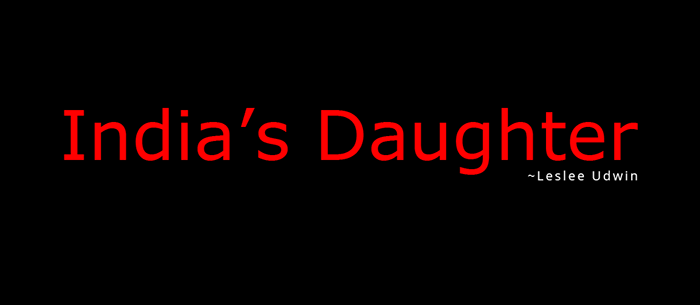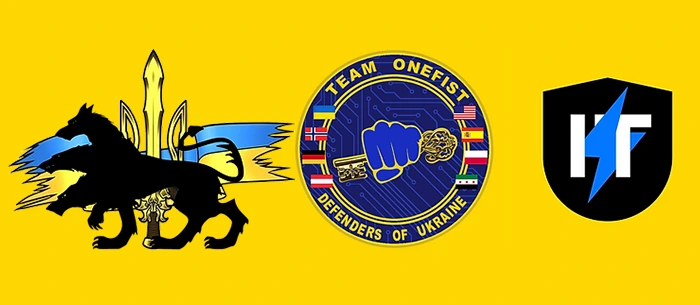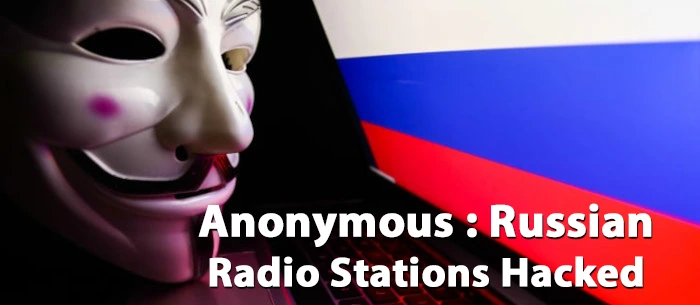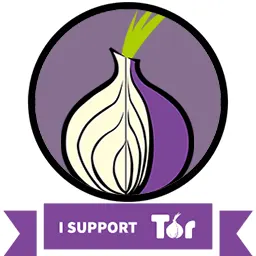
Home Anonymous Operations The Streisand effect "India’s Daughter" the film banned by India
Sunday 8 March 2015
India’s Daughter - Banned By Indian Government.
Originally, the BBC had decided to show it on March 8, coinciding with International Women’s Day, but suddenly decided to advance it even as a storm was raging in India, saying it will enable viewers to see this "incredibly powerful documentary at the earliest opportunity".
"This harrowing documentary, made with the full support and cooperation of the victim’s parents, provides a revealing insight into a horrific crime that sent shock waves around the world and led to protests across India demanding changes in attitudes towards women," the BBC said in a statement.
The story of the brutal gang rape and murder of 23-year-old medical student Jyoti Singh on a moving bus in Delhi in 2012, and the unprecedented protests and riots which this horrific event ignited throughout India, leading to the demand for changes in attitudes towards women. The film examines the values and mindsets of the rapists, and interviews the two lawyers who defended the men convicted of Jyoti’s rape and murder.
In one scene, an Indian justice describes how she has been unable to make sense of such a horrific attack. In another, a former Delhi minister places the blame on a society that puts girls and women second to men from the moment they are born — one where patriarchal practices become ingrained in children from an early age.
"These were ordinary, apparently normal and certainly unremarkable men," the film’s director Leslee Udwin said of the culprits. But her film illustrates how even people with power in India harbor shockingly similar attitudes.
Leslee Udwin has said India committed “international suicide” by banning the film.
“My whole purpose was to give a gift of gratitude to India, to actually praise India, to single India out as a country that was exemplary in its response to this rape, as a country where one could actually see change beginning.
“The supreme irony is that they are now accusing me of having wanted to point fingers at India, defame India, and it is they who have committed international suicide by banning this film.”
How do I download “India’s Daughter: The Story of Jyoti Singh”
— Right click on the video and "save video as"












